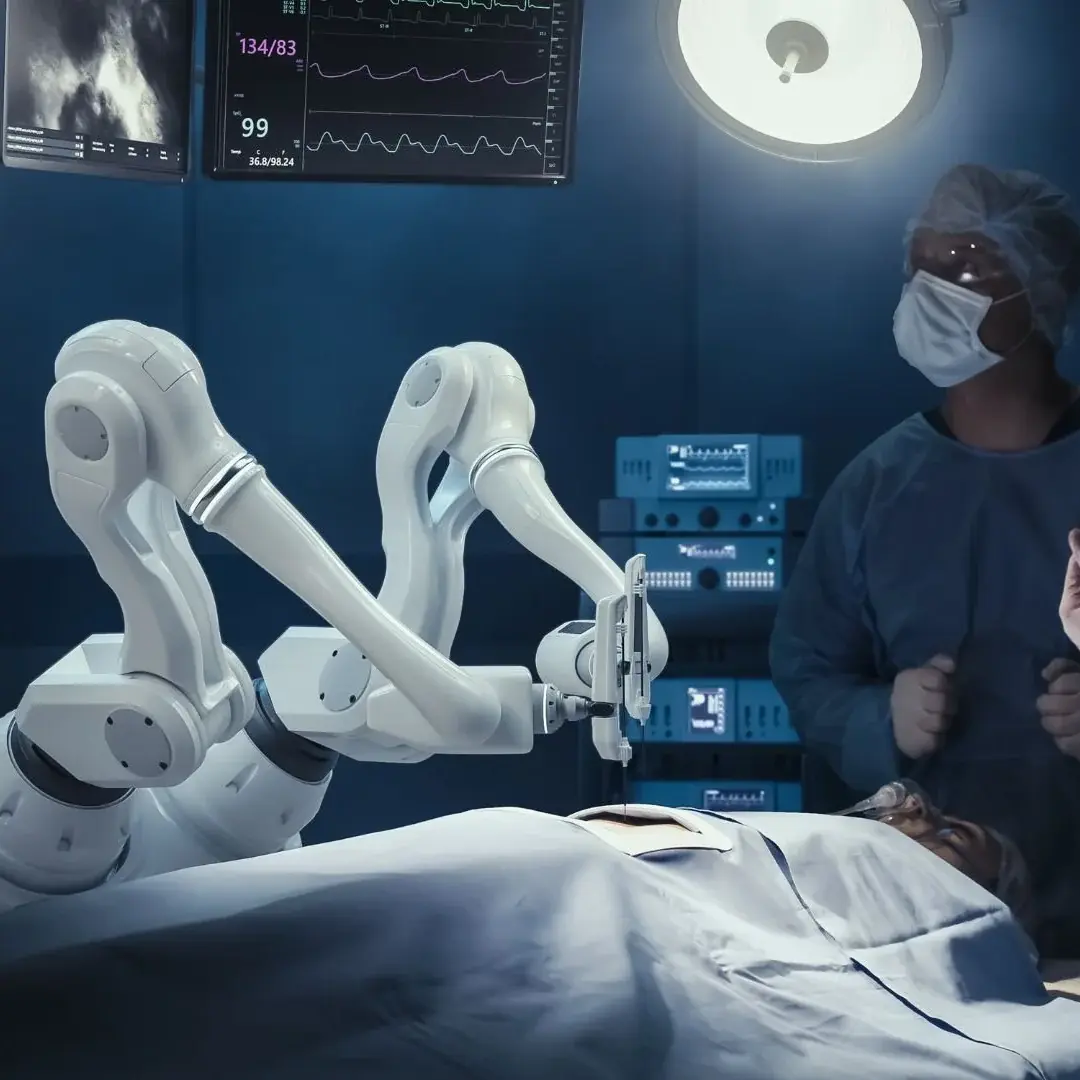In a groundbreaking achievement for medical technology, a Saudi Arabian hospital has reported an astounding 98% survival rate among patients undergoing robotic cardiac surgeries. This milestone underscores significant advancements in the field of cardiac surgery, where precision and innovation converge to improve outcomes and revolutionize patient care.
Robotic cardiac surgery represents a leap forward in surgical techniques, offering unparalleled precision and minimally invasive procedures. By harnessing robotic-assisted technology, surgeons can perform complex cardiac procedures with enhanced accuracy and control, reducing risks and recovery times for patients. This approach not only improves surgical outcomes but also enhances the overall patient experience, ensuring quicker recovery and fewer complications.
The high survival rate reported by the Saudi hospital reflects the efficacy and reliability of robotic cardiac surgeries in treating a range of cardiovascular conditions. From valve repairs and coronary artery bypass grafting to atrial septal defect closures, robotic-assisted procedures have proven instrumental in achieving successful outcomes with minimal invasiveness. Patients benefit from smaller incisions, reduced blood loss, and lower rates of infection, translating into faster recovery and improved quality of life post-surgery.
Furthermore, the success of robotic cardiac surgeries highlights Saudi Arabia’s commitment to embracing cutting-edge medical technologies and fostering excellence in healthcare delivery. By investing in state-of-the-art robotic systems and training healthcare professionals in advanced surgical techniques, the country is at the forefront of medical innovation in the region.
The reported survival rate not only underscores the hospital’s proficiency in leveraging robotic technology but also signifies a paradigm shift in cardiac care, where precision and patient-centric approaches redefine treatment standards. As robotic-assisted surgeries continue to evolve and become more widespread, the potential to further enhance outcomes and expand treatment options for cardiac patients is immense.
In conclusion, the Saudi hospital’s achievement of a 98% survival rate in robotic cardiac surgeries marks a monumental advancement in medical technology and patient care. By embracing robotic-assisted techniques, the hospital has not only improved survival rates but also set a new benchmark for excellence in cardiac surgery outcomes. This success paves the way for future innovations in cardiovascular care, promising brighter prospects for patients undergoing complex cardiac procedures worldwide.









